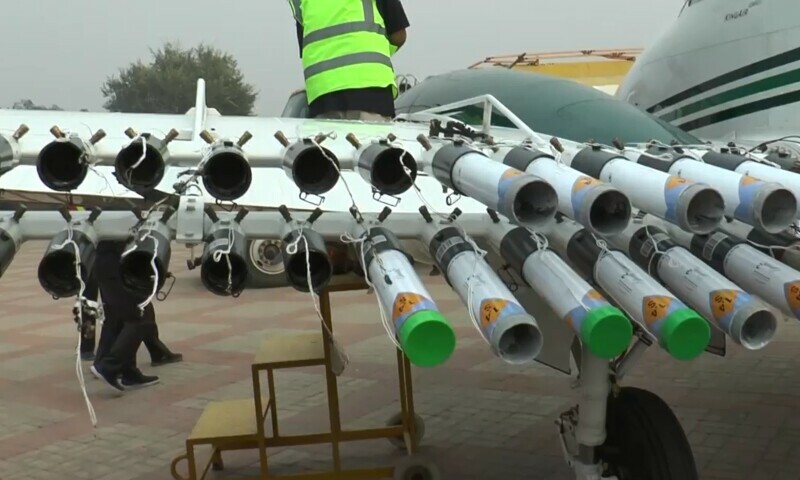The recent success of cloud seeding experiments in Punjab marks a groundbreaking step in environmental management and weather modification in Pakistan. The experiment, a joint initiative involving the Armed Forces Research Institutions, SPARCO, and international collaboration, was conducted to address severe air pollution and smog issues in the region.
Lahore, which has long struggled with high pollution levels, became the focal point of this pioneering experiment. As part of the cloud seeding procedure, flares were deployed over multiple areas of the city, with the Shahdara area being a key target. The process aimed to induce rainfall and help clear the city’s smog, which had reached hazardous levels. The success of this experiment, according to Chief Minister Mohsin Naqvi, not only helped improve Lahore’s air quality but also opened new doors for tackling similar environmental challenges across Pakistan.
In a statement following the event, CM Naqvi expressed his gratitude to the UAE government for their technical support, emphasizing that the initiative was funded entirely by the UAE, ensuring no financial burden on Punjab’s resources. The positive outcome has sparked discussions about the potential of cloud seeding to alleviate environmental concerns, including water scarcity and air pollution, which have become persistent issues in Pakistan.
The successful cloud seeding experiment also highlights the growing role of international cooperation in addressing Pakistan’s environmental and climate-related challenges. With further experiments planned, there is a significant possibility that this technology could become a regular part of the country’s strategy to combat air pollution and ensure sustainable weather patterns


